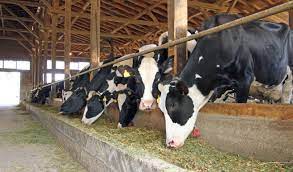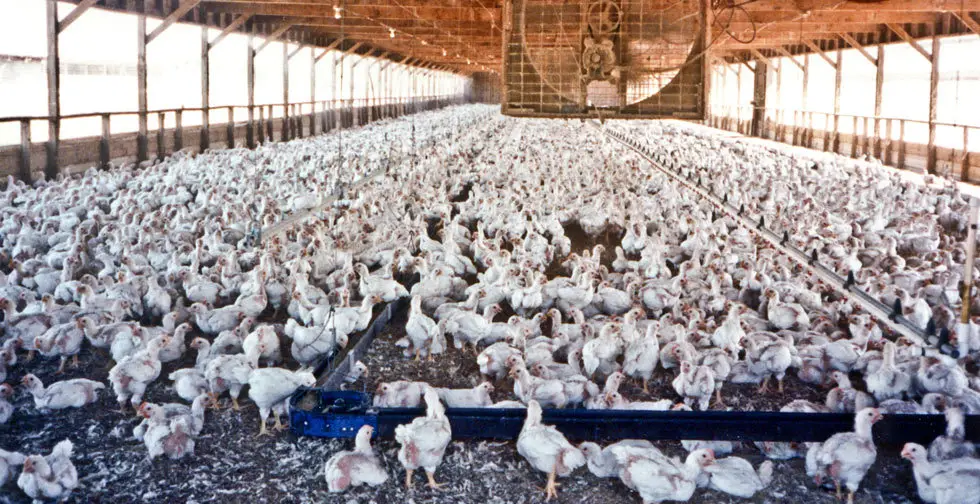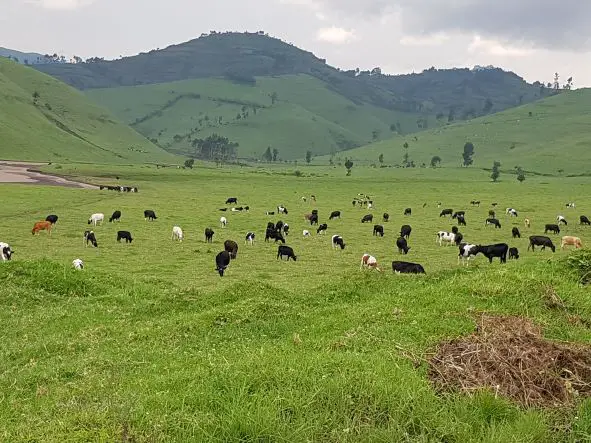Introduction
What we consume has a significant impact on agricultural systems’ energy efficiency. Vegetarian diets, in particular, are substantially more energy efficient than animal-based diets. This is due to the fact that livestock animals must be nourished a variety of plants.
When an individual consumes a vegetable, for example, around 20% of the energy contained in that vegetable is transferred on to the person to use as fuel or to rebuild bodily tissue. If a livestock animal consumes a vegetable, the same thing happens. Let’s say a human consumes the livestock animal. A second time, energy would be lost. However, this time the energy losses associated with animals eating plants and people eating animals are combined, resulting in a significant reduction in efficiency, or only 20% of the 20% of the energy – now that’s inefficient!

examples of animal derivative products
Below there is a list of some animal derivative products:
- fat
- meat
- skin
- organs
- blood
- milk
- eggs
- hair
- bones
- hooves
- rennet (the stomach contents of an unweaned animal, usually a calf)
- gelatin (usually comes from collagen in various animal body parts)
- Jell-O (protein derived from skin and bones of certain animals)


enviromental impact of animal derivative products
The environmental impact of eating meat versus eating vegetables is enormous. When a serving of meat is compared to a serving of vegetables, 20 times more greenhouse gas emissions are produced. It also necessitates 100 times the amount of land that eating vegetables necessitates. The water effect of unprocessed red meat is twice that of nuts.
Producing a serving of processed red meat has the second highest average impact on acidification, greenhouse gas emissions, and land use, as well as the third highest average impact on eutrophication. Human health concerns have been related to both processed and unprocessed red meat.
It is better for the environment to consume a diet that excludes unprocessed and processed red meat and instead focuses on vegetables, nuts, and grains. Foods that are healthier for the environment are also healthier for humans. Instead, increasing consumption of whole grain cereals, fruits, vegetables, nuts, legumes, fish, and olive oil and other high-in-unsaturated-fat vegetable oils that are consistently linked to lower disease risk. Low environmental impact would have multiple health and environmental benefits worldwide.
One of the most important ways people may improve their quality of life while also helping to protect the environment is to adopt healthier, more sustainable diets.



